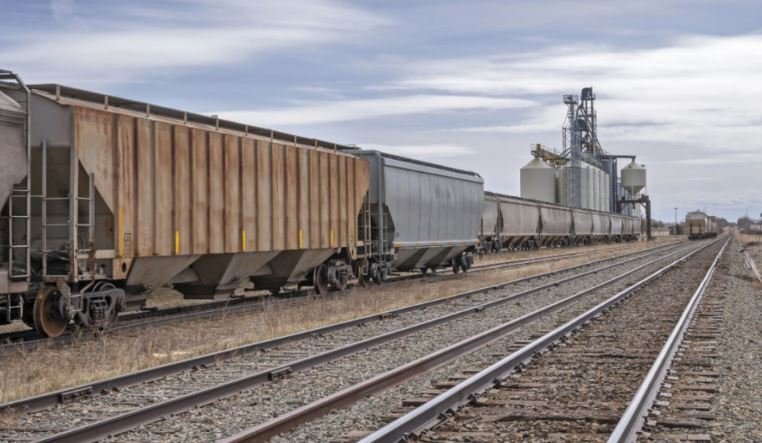The role of railways in post-pandemic travel has become increasingly significant as people seek safe, efficient, and sustainable transportation options. As societies recover from the impacts of the COVID-19 pandemic, railways offer unique advantages that address the evolving needs of travelers. From enhancing connectivity to promoting environmental sustainability, railways play a crucial role in shaping the future of travel.

Revitalizing Connectivity and Convenience
Railways have revitalized connectivity and convenience in the post-pandemic era. With a focus on enhancing regional and intercity connections, rail networks are improving access to various destinations. For example, high-speed rail services and expanded routes provide faster and more convenient travel options. Additionally, improved infrastructure and modernized stations enhance the overall travel experience. By offering reliable and efficient transportation, railways contribute to economic recovery and support the resurgence of local and regional tourism.
Ensuring Health and Safety
Ensuring health and safety has become a top priority for railways in the post-pandemic landscape. Rail operators have implemented stringent health protocols to safeguard passengers. This includes enhanced cleaning measures, contactless ticketing, and improved air filtration systems on trains. For instance, many rail services now require passengers to wear masks and maintain social distancing. These measures help build passenger confidence and encourage the return to rail travel. As health and safety continue to be paramount, railways are adapting to meet the needs of travelers in a post-pandemic world.
Promoting Sustainable Travel
Promoting sustainable travel is another key role of railways in the post-pandemic era. Rail transport is inherently more environmentally friendly compared to other modes of travel, such as automobiles and airplanes. Many rail operators are investing in green technologies, such as electric trains and renewable energy sources. For example, several countries are expanding their electric rail networks and exploring hydrogen-powered trains. By prioritizing sustainability, railways contribute to reducing carbon emissions and supporting global efforts to combat climate change.
Adapting to Changing Travel Preferences
Adapting to changing travel preferences is crucial for railways in the evolving travel landscape. Post-pandemic travel trends indicate a growing interest in flexible and personalized travel experiences. Railways are responding by offering a range of options, such as customizable ticketing, upgraded amenities, and enhanced onboard services. For instance, some rail services now provide Wi-Fi, comfortable seating, and food and beverage options to meet diverse passenger needs. By catering to these evolving preferences, railways can attract a broader audience and enhance the overall travel experience.
Supporting Economic Recovery
Supporting economic recovery is a vital role of railways in the post-pandemic period. The transportation sector is a key driver of economic growth, and revitalizing rail networks can stimulate job creation and boost local economies. Investments in railway infrastructure, such as station upgrades and track expansions, contribute to long-term economic benefits. Additionally, the revival of rail travel supports the tourism industry and helps businesses that rely on transportation for their operations. By fostering economic recovery, railways play a significant role in rebuilding communities and supporting sustainable development.
Conclusion
In conclusion, the role of railways in post-pandemic travel is pivotal for enhancing connectivity, ensuring health and safety, promoting sustainability, and adapting to changing travel preferences. As societies continue to recover and adapt, railways offer a reliable and environmentally friendly transportation solution. By supporting economic recovery and meeting the evolving needs of travelers, railways contribute to shaping the future of travel in a post-pandemic world.



